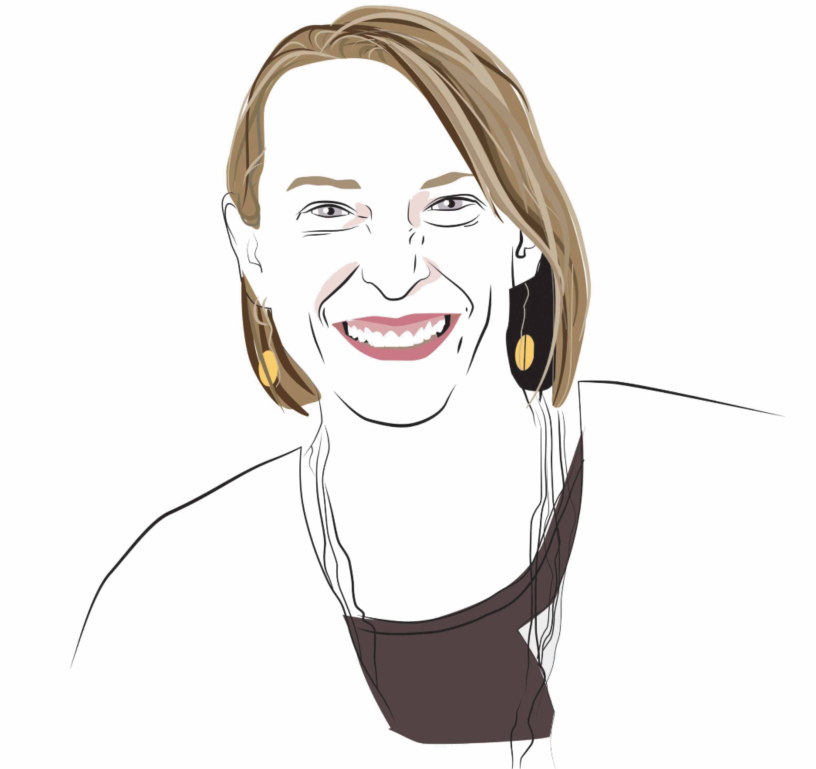Technology continues to revolutionise the way we learn. Professor Elaine Ferneley, Director of the newly formed University of Manchester Worldwide, discusses the capabilities of online, blended and transnational education.
The digital revolution has resulted in fundamental changes to the workplace, how we communicate and how we access information. Every day, many of us reach for our smartphones or ‘ask Alexa’ questions that previous generations would have been left pondering. Today’s 18-year-old has grown up as a digital native using websites, ebooks, webinars, massive open online courses (MOOCs) and online communities as the norm.
Despite this, the role of the educator has become even more significant. In this digital age, teaching students how to access, process and analyse information, and how to think critically, evaluate and reflect, is perhaps more important than ever. These skills cannot simply be acquired by ‘Googling it’.
There’s a growing conversation about an educational revolution, or as many are referring to it, Education 4.0. As e-learning technology matures and the notion of lifelong learning becomes more common, the ability to create personalised digital learning journeys, to connect students globally and to radically change how they are assessed, presents an exciting opportunity for higher education. Teachers need to adapt and embrace the opportunities provided by e-learning technologies.
Many of us have already adopted the idea of the ‘flipped classroom’. Students are no longer passive; they can engage online with learning materials and peers anytime, anywhere, then work with the lecturer as facilitator in a classroom experience focusing on action and problem-based learning in smaller group settings.
These intense learning experiences not only benefit students but can also provide a much more rewarding teaching experience that many thought was a thing of the past. As technology has evolved, these experiences can take place not only face to face but also online. Online and blended modes of delivery open up opportunities for providing a Manchester education to many more people across the globe.
Yet many in education remain cynical about the adoption of technology. Back in 2012 the New York Times heralded the ‘Year of the MOOC’. Six years on, we have not witnessed the disruption to higher education predicted but rather a steadier adoption of e-learning technologies. In 2017/18 UK universities offered more than 2,500 award-bearing courses in online and blended mode of delivery, the majority of which were at postgraduate level.
There’ll be obstacles along the way to developing a radical new approach – some may feel it’s too labour-intensive or that they don’t have the skills to develop cutting-edge tools and materials. But the opportunities are immense. We must ensure that the teaching approach we adopt is accessible and relevant to our student body.
What’s described here might sound a long way from our current reality. But it’s not. Back in 1996, Alliance Manchester Business School adopted a blended-learning approach to enable business professionals to take a Master of Business Administration (MBA) while continuing to pursue their careers. More than 10,000 students have graduated from the Manchester MBA, many of whom have never visited Manchester and yet, with the aid of technology, have had the benefit of a Manchester education. What’s evident is that our University has an outstanding track record of delivering online, blended and transnational teaching across all three of our Faculties.
University of Manchester Worldwide has been established to build on these successes and bring expertise together across the University. We’re already working with ten programme directors to transform their courses for both online and campus-based students, providing everything from market insight to the expertise of e-learning technologists. We look forward to working with more of them as we move into the realm of Education 4.0.
Professor Elaine Ferneley, Director of University of Manchester Worldwide.
Find out more about the University’s online and distance learning courses.





